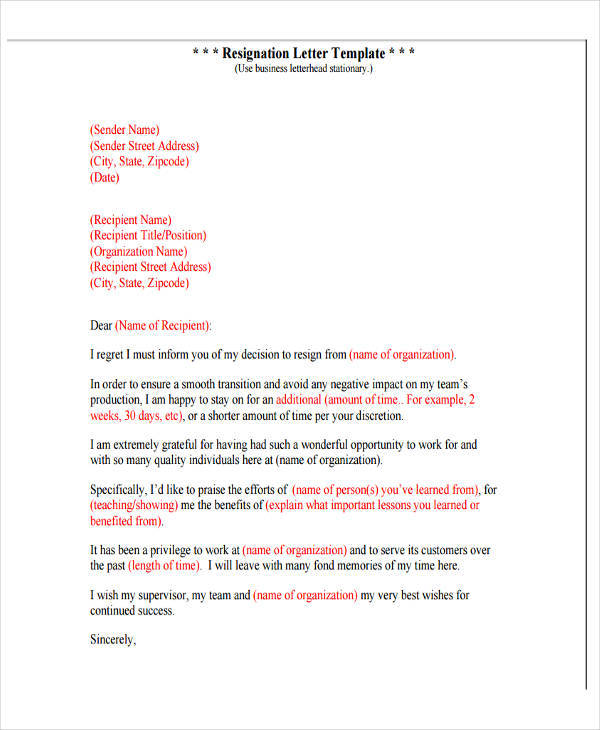

I feel like I was really able to grow as a professional and as a person in this position. I’d like to thank you for all the mentorship and guidance you’ve given me during my time here. I’m writing this letter to formally announce my resignation from my role at the University of Urbandale.

End the letter with a positive or hopeful message.Offer your assistance with the transition.Mention specific moments that you appreciated.Let your regret show by expressing genuine gratitude.Make it clear that the reason is not due to dissatisfaction.In addition to all important details, explain briefly why you are resigning.When you’re writing a regretful resignation letter, it might help to keep the following points in mind: We will also look at five samples and templates for such letters.
I regret to inform you letter how to#
My parents’ words to me have always been “be yourself.” I secured a tenure-track job, but I did not do it alone.In this blog post, we will discuss how to write a regretful resignation letter. Lastly, be yourself because who else are you going to be?Īs I went on my campus visits, I always spoke to my parents before starting the interview.

Our motto was, “If one of us were to get the job, we all win” because we contributed our shared knowledge. When we interviewed at the same institutions, we prepared collectively. I was in several support groups to check in about the market, who was getting interviews, who was not, who needed practice with mock job talks and our overall emotional well-being. I shared all my materials from the cover letter to the Powerpoints I used for on-campus visits. I was completely transparent with my colleagues who were also on the market.

Second, we may not be able to dismantle the system, but we can help disrupt it by creating an environment that endorses community learning and care. Each one of the senior academics offered their own expertise, which created a collective knowledge that supported my efforts on the market. They checked in with me after interviews to discuss areas of improvement and how I felt about the overall experience. They often offered to read my material for feedback and write letters of recommendations on my behalf. I sought out senior academics who were White and people of color to build my network and asked for their support. What would it mean to find commonalities in our rejections? As Chicana feminist and writer Gloria Anzaldua powerfully states: “Though we’re aware of the danger of losing our individuality to the collective fires and the risking of our safe spaces, this undertaking empowers us to become sentinels, bearers of witness, markers of historias. However, rejection in academia is the one thing we all have in common. It is something I actively seek to dismantle. Rejection is grounded in meritocracy, a systemic issue that perpetuates oppression in institutions of higher education. Meritocracy is a myth and is dangerous in the context of higher education because it creates a competition of individualism. Peggy McIntosh, American feminist and professor, comments: “It seems to me that obliviousness about White advantage, like obliviousness about male advantage, is kept strongly enculturated in the United States so as to maintain the myth of meritocracy, the myth that democratic choice is equally available to all.”


 0 kommentar(er)
0 kommentar(er)
